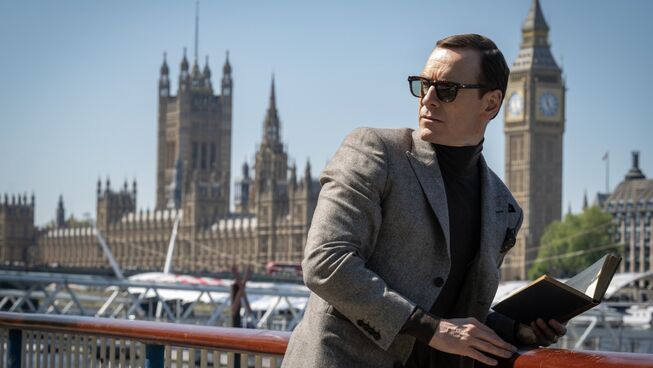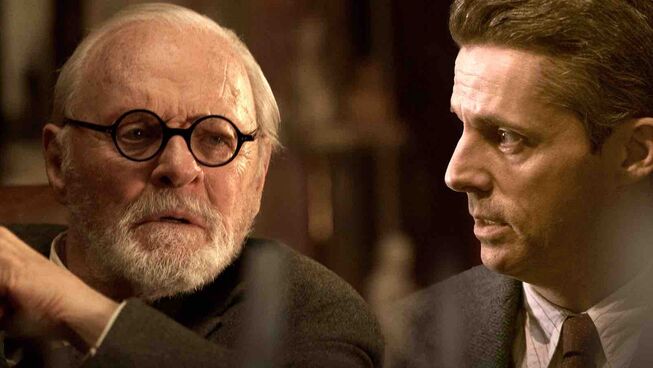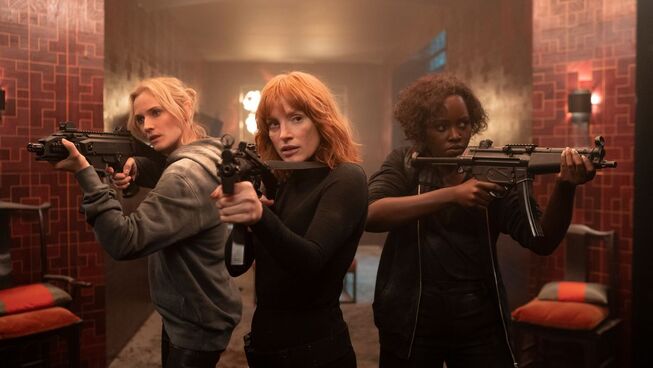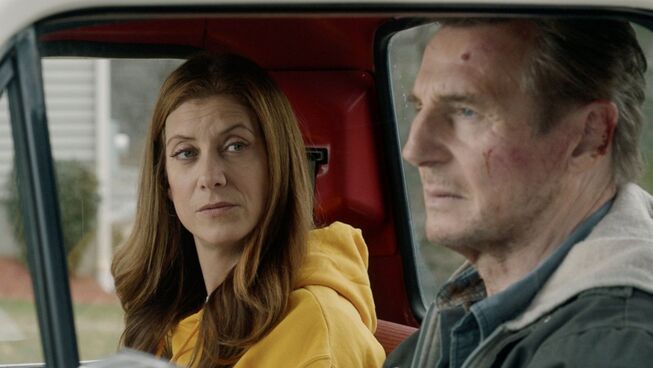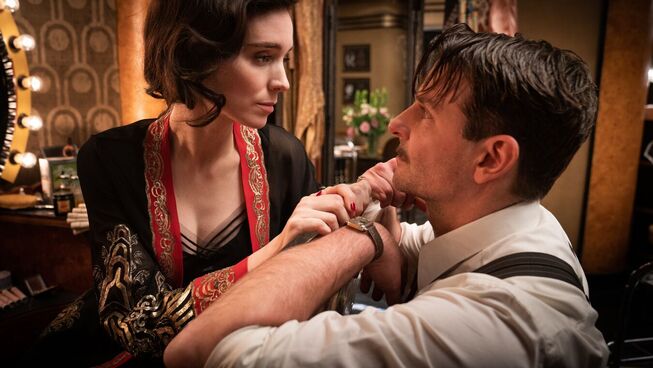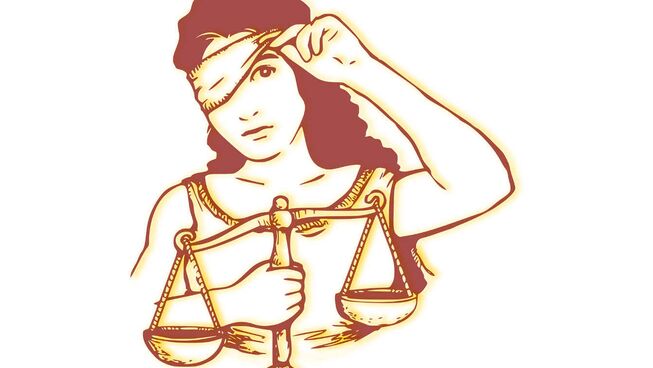Marlowe
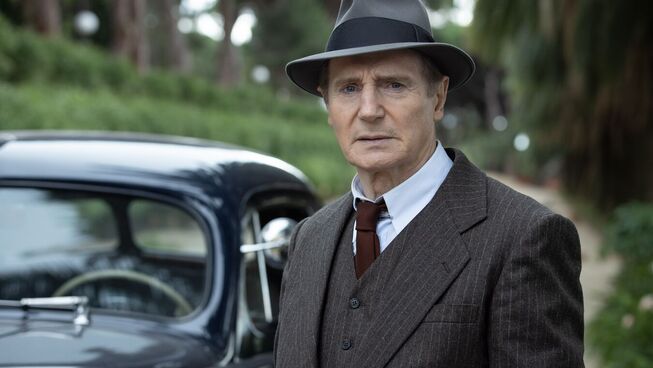
2 out of 5 stars
Amongst many challenges in Hollywood, two issues have plagued the industry since the beginning of its existence. The first is what to do with ageing movie stars, and the second is managing directors who have lost their way. Marlowe proves that clear solutions have yet to be found, and the whole experience becomes an excuse to find the answers to these awkward queries.
Neil Jordan is an exceptionally talented director who created works like The Crying Game, Michael Collins, and An Interview with a Vampire. However, he has struggled to find his feet over the past decade. Interestingly, his regular acting collaborator, Liam Neeson, has been one of Hollywood’s most reliable action heroes over the years. Yet, as this exceptionally talented pair do their best to reintroduce a neo-noir detective storyline with one of the most recognised characters within this genre, things struggle to connect on multiple levels.
Philip Marlowe (Neeson) is the creation of novelist Raymond Chandler who’s name is associated with classic sleuth narratives of The Big Sleep and The Lady in the Lake. This screenplay is based on John Banville’s novel, The Black-Eyed Blonde which involves not merely one, but two femme fatales played by Diane Kruger (The 355) and Jessica Lange (The Vow). The mystery's focus occurs when Clare Cavendish (Kruger) comes to the detective’s office to ask him to find her former lover, Nico Peterson (François Arnaud). Despite his apparent death, she suspects the young man is alive, and the oil-industry heiress needs to know his location. As Marlowe investigates, he quickly determines that there is more to Peterson’s disappearance that involves an American ambassador, the ownership of a movie studio, Hollywood’s underworld, and Clare’s former movie starlet mother, Dorothy Quincannon (Lange).
Many may hope for a throwback to Hollywood’s golden age and the reintroduction of this classic genre. Admittedly, this production had all of the necessary components behind and in front of the camera. Still, the culmination of these parts never came together. Neeson has the charisma to carry the role; he is never allowed to settle into this character and make him his own. Kruger and Lange have the skills to seduce and play the mysterious vixen, except neither seems to have chemistry with Neeson. Even the exceptionally talented support cast of Adewale Akinnuoye-Agbaje, Alan Cumming, Danny Huston, and Colm Meaney struggle to know what to do with their roles. Yet, the critical failure comes down to the editing process, as the film never truly knows where it is going. The story is not dark enough to be a true Noir, the dialogue and violence never get to a level convincing as an action film, and there is no chemistry between the lead actors to deliver any sexual tension.
In the end, Marlowe becomes non-consequential since the movie fails to know why it exists. For those whose hopes came alive with the prospect of a new L.A. Confidential or Shutter Island, it might be best to revisit those classics and let this film walk quietly into the night.
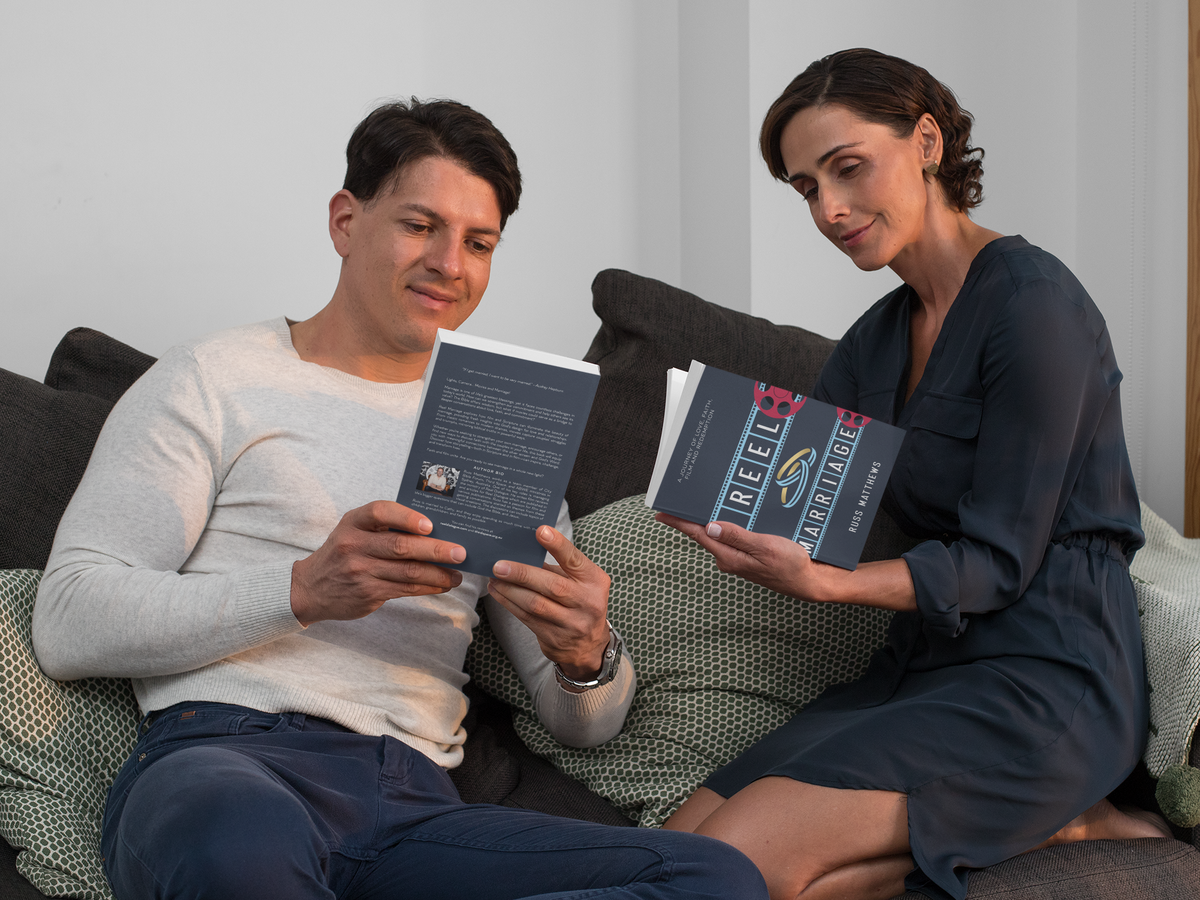
Reel Marriage
Lights, Camera... Movies and Marriage!
Marriage is one of life’s greatest blessings, yet it faces countless challenges in today’s world. How can we strengthen our commitment and help others see its value? The Bible offers wisdom, but what if movies could serve as a bridge to deeper conversations about love, faith, and commitment?
Reel Marriage explores how film and Scripture can illuminate the beauty of marriage, providing fresh insights into God’s design for love and relationships. From classic romances to modern dramas, movies capture couples' struggles and triumphs, mirroring biblical truths in powerful ways.
Faith and film unite. Are you ready to see marriage in a whole new light?
If you order your copy today you will also receive a complementary handbook that is only available with the purchase of the book (Print or ebook)
Reel Dialogue: How do people determine right and wrong when everyone seems corrupted?
Most film Noir and detective films expose the reality that no one is truly innocent. Phillip Marlowe never assumes that nothing is truly black and white in this world, allowing him to see past all the lies being fed to him. Yet, it is sometimes difficult to cheer for this character since he does not seem to contain any hope for humanity or himself.
One of his famous quotes from The Big Sleep, “You don’t know what I have to go through or over or under to do your job for you. I do it my way. I do my best to protect you and I may break a few rules, but I break them in your favor.”
His world is coloured in shades of grey where he never seems to be able to move past in work and life. Is this your existence? How do you determine right and wrong in a world of ‘grey?’ Besides relying on mere intuition and personal conjecture, the search for the answer to this question must be outside the human experience. Some may look for answers in science, philosophy, and religion, but how can people know where to find the answers to ethical and moral queries?
Through this journey of enquiry, the Bible is an excellent source to consider. The wisdom found in the words of this book only gives specific answers to some situations that come along. Still, it offers the framework for making the right decision. It even provides solutions to life’s more prominent considerations. In this investigation, the best places to start are in some of the books of wisdom in the Old Testament (Psalms and Proverbs) or the book of Romans in the New Testament.

